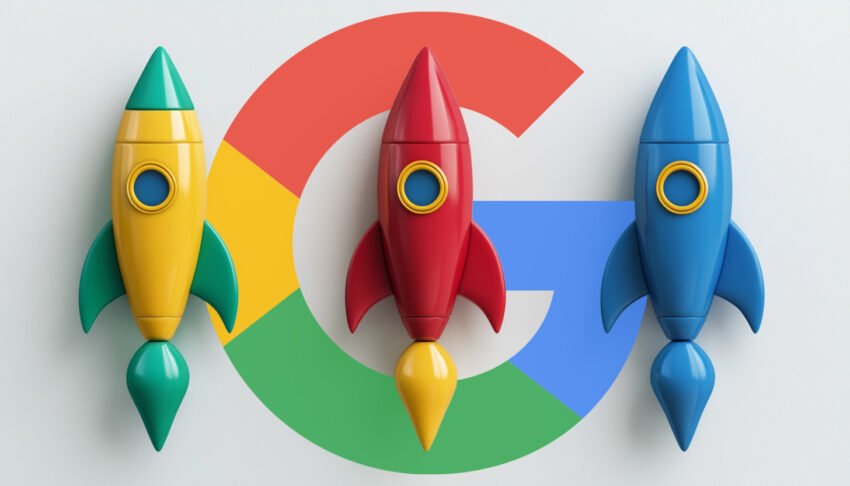In my interview with Danny Sullivan, the Google Search Liaison, I tried to get extra particulars on Navboost and the way it performs a roll in core updates and basic rankings. I used to be just about shot down (I’m loser). That being stated, listed here are some previous posts from ex-Googlers (from what I can inform) on the subject of Navboost from the Hacker Information boards.
This primary quote is from Greg (gregw134) on Hacker News, a quote you in all probability have seen earlier than:
Ex-Google search engineer right here (2019-2023). I do know a whole lot of the veteran engineers had been upset when Ben Gomes bought shunted off. In all probability the larger change, from what I’ve heard, was dropping Amit Singhal who led Search till 2016. Amit fought in opposition to creeping complexity. There’s a semi-famous inside doc he wrote the place he argued in opposition to the opposite search leads that Google ought to use much less machine-learning, or not less than include it as a lot as attainable, in order that rating stays debuggable and comprehensible by human search engineers. My impression is that since he left complexity exploded, with each workforce launching as many deep studying initiatives as they’ll (identical to each different massive tech firm has).
The issue although, is the older methods had apparent issues, whereas the newer methods have hidden bugs and conceptual points which frequently do not present up within the metrics, and which compound over time as extra complexity is layered on. For instance: I discovered an off by 1 error deep in a components from an previous launch that has been reordering prime outcomes for 15% of queries since 2015. I handed it off once I left however don’t know whether or not anybody truly fastened it or not.I wrote up all the search bugs I used to be conscious of in an inside doc known as “second web page navboost”, so if anybody engaged on search at Google reads this and desires a launch go test it out.
The second, I do not assume you have seen earlier than. It’s from Kevin Lacker, now the CTO at Parse, however was a Google Search engineer who labored in Google’s Search High quality division creating search algorithms between Jan 2005 – Nov 2009. He posted 9 months in the past on Hacker News:
Bah, youngsters lately. It is not revisionism. I labored on search high quality throughout the hand-coded heuristic period, 2005-2009. I spent a few of that point engaged on the “navboost” workforce which used click on knowledge to change the search outcomes. Even by 2007, click on knowledge was fairly priceless, arguably the one most necessary element of the algorithm.
The algorithm was hand-coded, certain. You do not want machine studying so as to use click on knowledge. You simply want a number of folks to have looked for that individual question earlier than. When somebody clicks on a end result and stays there some time, it is a “lengthy click on” and also you enhance that search end result for that question.
Then I discovered these attention-grabbing references from folks on Hacker Information from years earlier than the DOJ paperwork had been revealed on Navboost. I’m not certain if these are from Googlers or not.
Google would not use web page rank anymore. They’ve a sign known as navboost which is the strongest sign in rating and retrieval. And that concept originates from Yahoo paper by which they revealed the gems of search engine algorithms: https://www.kdd.org/kdd2016/papers/recordsdata/adf0361-yinA.pdf
That PDF is a Yahoo patent.
Sundar’s declare to fame is Google Toolbar for MSIE. It was a giant deal at the moment. It locked Google search on MSIE and finally allow navboost in search high quality.
Then he was the product lead on the Chrome workforce. I do not know if it was him who lobbied Web page to create Chrome.
quantumofalpha on Hacker News:
wat? Google used clicks (“navboost”) since roughly without end, it is one among strongest indicators for all main internet engines like google. I assume the higher query is why they do not optimize rating immediately on clicks, why nonetheless trouble with all that costly human raters enterprise… nicely optimizing for clicks helps however solely till a sure level past which it begins hurting relevancy by overpromoting previous in style outcomes and clickbait. However as an ingredient in total rating in a method or one other they and everybody else positively use click on knowledge.
Take what you need from these quotes however I did discover them attention-grabbing.
Discussion board dialogue at Hacker News.

